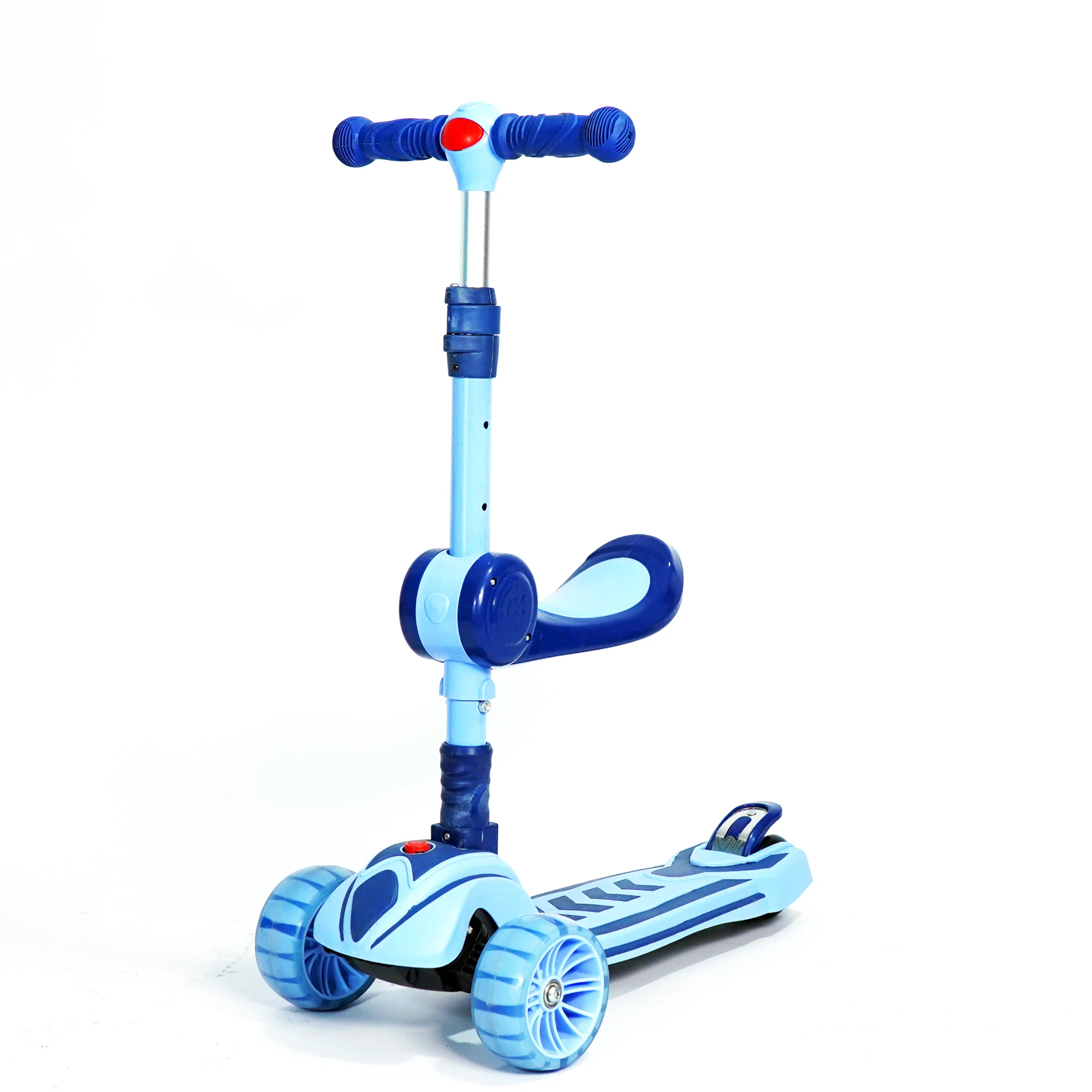carbon mountain bike
Exploring the Thrills of Carbon Mountain Bikes
Mountain biking is one of the most exhilarating outdoor activities, allowing enthusiasts to connect with nature while pushing their limits. Among the various bike materials available, carbon fiber has emerged as a favored choice for many riders, transforming the mountain biking experience. In this article, we will explore the advantages of carbon mountain bikes and how they enhance both performance and enjoyment on the trails.
One of the most significant benefits of carbon mountain bikes is their lightweight design. Compared to traditional aluminum or steel bikes, carbon frames are remarkably lighter, which makes a tremendous difference when tackling steep climbs or navigating challenging terrains. The reduced weight allows riders to ascend hills with less effort and maintain higher speeds on flat sections. This weightlessness often translates into a more enjoyable ride, as cyclists can focus on the terrain rather than the burden of their bike.
Another key advantage of carbon mountain bikes is their superior vibration damping properties. The material effectively absorbs shocks and bumps encountered on rugged trails, providing a smoother and more comfortable ride. This capability is crucial for long-distance riders who spend hours on the trails; less vibration means reduced fatigue and increased endurance. The result is a bike that enables riders to tackle technical descents and rocky paths with greater confidence and comfort.
carbon mountain bike

In addition to ride quality, carbon fiber offers enhanced stiffness and strength. Unlike aluminum, which can flex under pressure, carbon provides a stiffer frame that translates pedal power directly to the wheels. This efficiency is particularly beneficial during sprints and climbs, allowing riders to maximize their efforts with more responsive handling. A stiffer bike can also improve cornering performance, giving riders a competitive edge on challenging descents or tight turns.
However, the advantages of carbon mountain bikes come with a price. They tend to be more expensive than their aluminum counterparts due to the complex manufacturing processes involved in creating high-quality carbon fiber frames. For cyclists who prioritize performance and durability, the investment is often worth it. Many high-end bikes feature advanced design elements and technology that enhance overall biking performance, making them an attractive option for serious riders.
Another consideration is maintenance. While carbon frames are generally resistant to rust and corrosion, they can be more susceptible to damage from impacts. Riders need to be cautious about how they handle their bikes and may need to inspect frames regularly for any signs of cracks or stress. However, with careful use and proper maintenance, a carbon mountain bike can provide years of excellent service.
In conclusion, carbon mountain bikes represent a significant advancement in cycling technology, offering a lightweight, strong, and comfortable option for mountain bikers. While the initial investment may be higher, the performance benefits make them an appealing choice for serious riders. Whether tackling steep climbs, navigating technical descents, or just enjoying a leisurely ride through nature, a carbon mountain bike can enhance the overall experience and help cyclists reach new heights in their adventure. If you are considering a mountain bike upgrade, exploring the world of carbon fiber may just lead you to your new favorite ride.
-
Unleash Your Adventurous Spirit with All Mountain BikesNewsOct.31,2024
-
The Perfect Ride for Your Little Ones: Kids TricyclesNewsOct.31,2024
-
The Joy of Riding: Quality Kids Mountain BikesNewsOct.31,2024
-
The Excitement of Kids Scooters – Choose Your Adventure!NewsOct.31,2024
-
Kids' Bikes: Find the Perfect Ride for Your Little OnesNewsOct.31,2024
-
Experience the Fun of Swing CarsNewsOct.31,2024
-
Why a Giant Bike for Kids is a Top ChoiceNewsOct.24,2024








